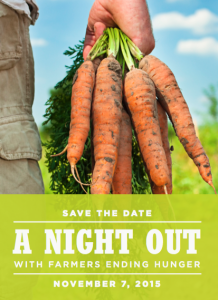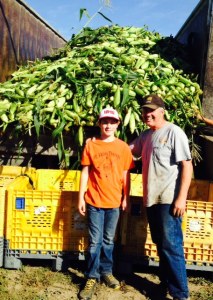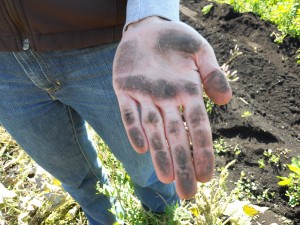SpudLove Snacks committed to monthly donation of potatoes to help feed families struggling with food insecurity in Oregon
PORTLAND, Ore. (June 8, 2020) – SpudLove Snacks announces the launch of its new line of SpudLove 100% organic, thick-cut potato chips made from organic potatoes grown and harvested at Threemile Canyon Farms in Boardman, Oregon, a fifth-generation farming family. The new potato chip brand is committed to supporting the work of the Oregon nonprofit Farmers Ending Hunger to make locally grown food available to the Oregon Food Bank to help feed food-insecure families throughout the state. Each month, SpudLove Snacks will donate potatoes to Farmers Ending Hunger to help towards this effort.
“We’re honored to be the beneficiaries of this generous partnership that helps bring locally grown potatoes to families facing food insecurity throughout Oregon,” said John Burt, executive director of Farmers Ending Hunger. “We offer a creative solution to ending hunger by working directly with our generous farmers who intentionally plant and harvest fresh fruit and vegetables to help feed hungry families.”
Oregon is one of the most productive growing regions in the country and also one of the hungriest. According to the Oregon Food Bank, “in an average month, 84,000 children in Oregon eat meals from emergency food boxes and with the current COVID-19 pandemic, this number is increasing daily.
“Partnering with Farmers Ending Hunger to provide a consistent, reliable supply of potatoes is our way to support a local nonprofit that looks out for the needs of the most vulnerable in our community,” said Sheila Stanziale, CEO of SpudLove Snacks. “We believe the best way to fight hunger is to provide nutritious food to those in need. And just as we work to take care of our community, we work equally hard to take care of the land at Threemile Canyon Farms through thoughtful, sustainable farming practices that ensures we can continue to grow the best quality potatoes.”
Share the SpudLove
SpudLove Thick-Cut Potato Chips are USDA-certified organic, Non-GMO Project Verified and certified Gluten-Free. The 100% organic potatoes coming from our Oregon farm are cut 10% thicker and slow-cooked in small batches resulting in a chip with more folds, bubbles and crunch. The line includes five varieties: Sea Salt, Barbecue, Sea Salt + Vinegar, Jalapeno and Cracked Pepper. The 5-ounce bags are currently available at Whole Foods Markets and selected independent retailers in the Pacific Northwest and online at Amazon. For more information, visits www.spudlovesnacks.com.
About Farmers Ending Hunger
Farmers Ending Hunger was founded in 2004 when Eastern Oregon businessman Fred Ziari learned that Oregon was one of the hungriest states in the country. Farmers Ending Hunger partners with Oregon farmers who intentionally plant, harvest and donate food crops like wheat, potatoes, onions and cherries to help feed food-insecure families throughout Oregon. For information on how to donate to the Adopt-an-Acre fundraising program, please visit www.farmersendinghunger.com and follow us on Facebook and Instagram at Farmers Ending Hunger for news and events.
FOR IMMEDIATE RELEASE
Media contact: Lisa Hill
503.730-8055, [email protected]
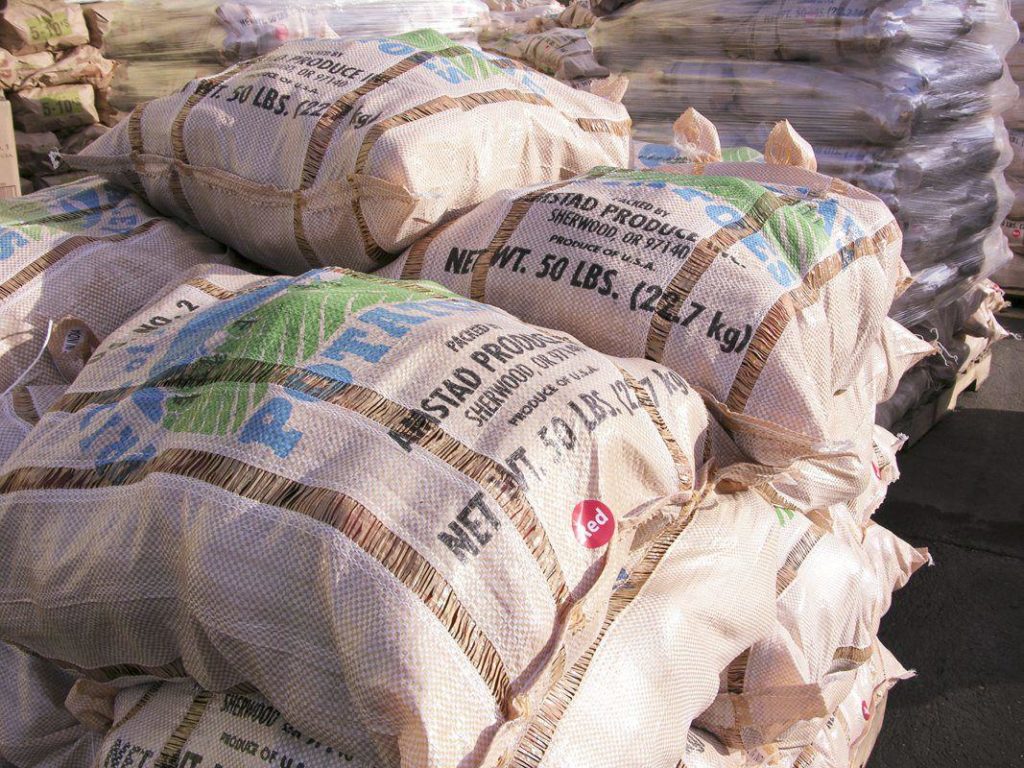
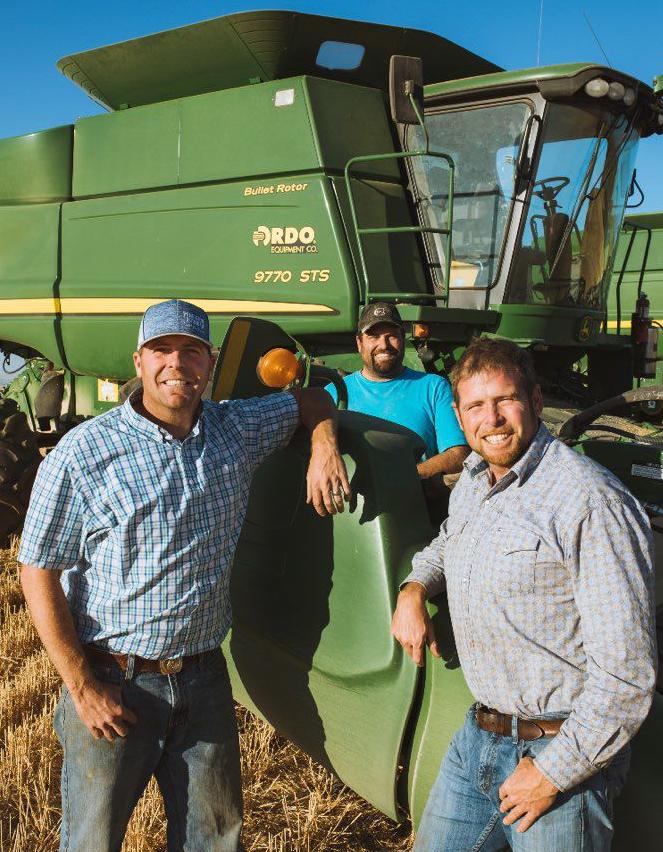
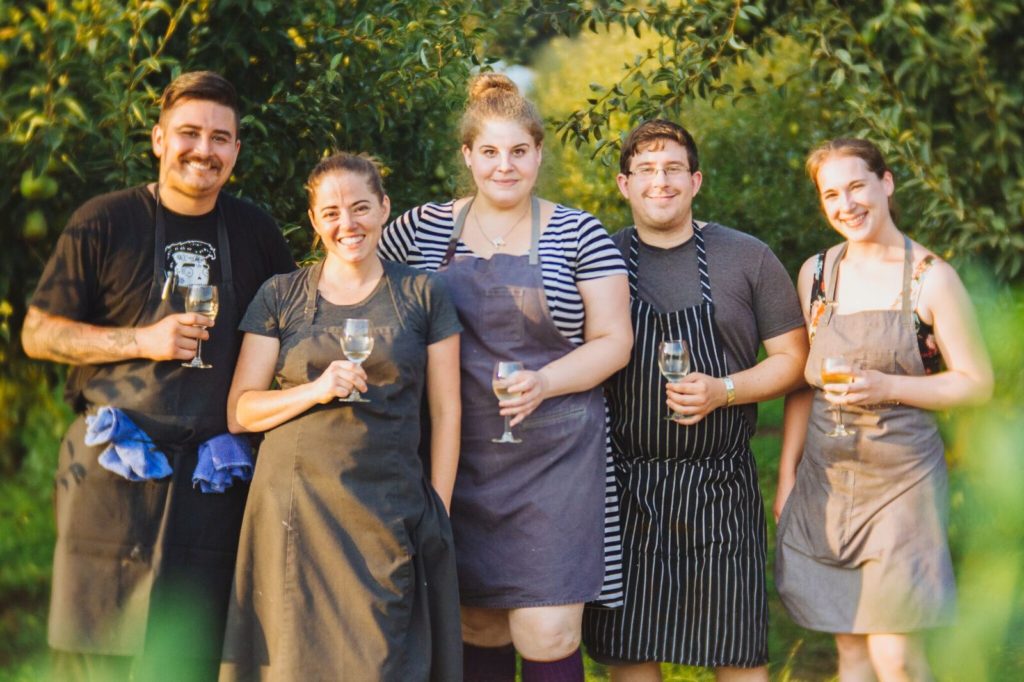
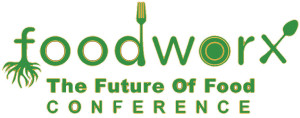 Fuel your mind and appetite at this exciting food conference exploring the unexpected and significant impact of food and drink on all aspects of life. Farmers Ending Hunger is honored to be one of the non-profit exhibitors joining some of Oregon’s best artisan food producers, including Red Wagon Creamery, Smitten: Artisan Truffles, Flourish Bakery and Honey Mama’s. Buy tickets
Fuel your mind and appetite at this exciting food conference exploring the unexpected and significant impact of food and drink on all aspects of life. Farmers Ending Hunger is honored to be one of the non-profit exhibitors joining some of Oregon’s best artisan food producers, including Red Wagon Creamery, Smitten: Artisan Truffles, Flourish Bakery and Honey Mama’s. Buy tickets 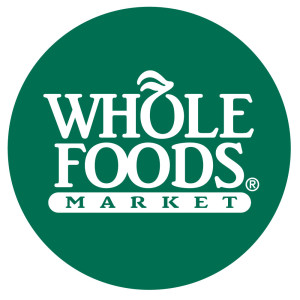 Use a reusable bag at any of the participating
Use a reusable bag at any of the participating 

